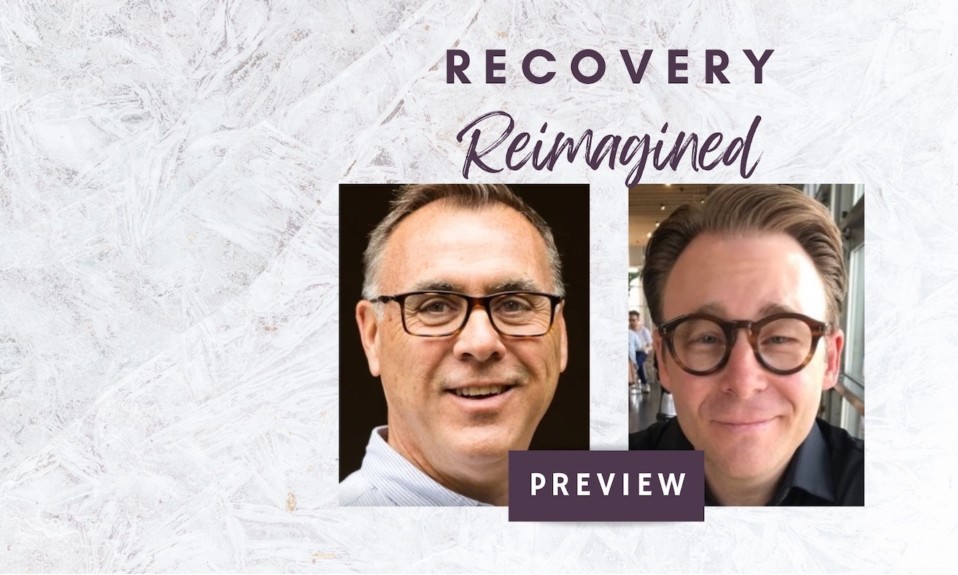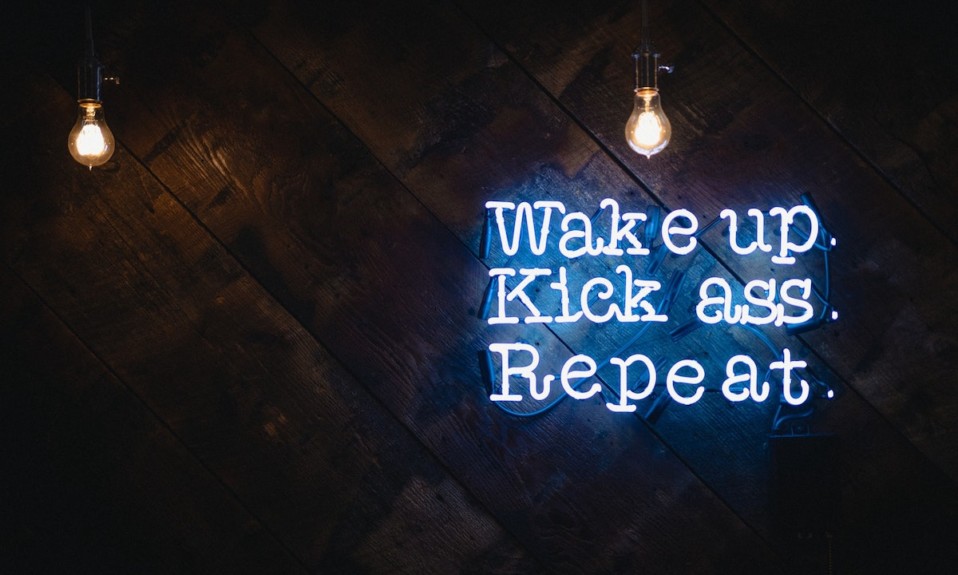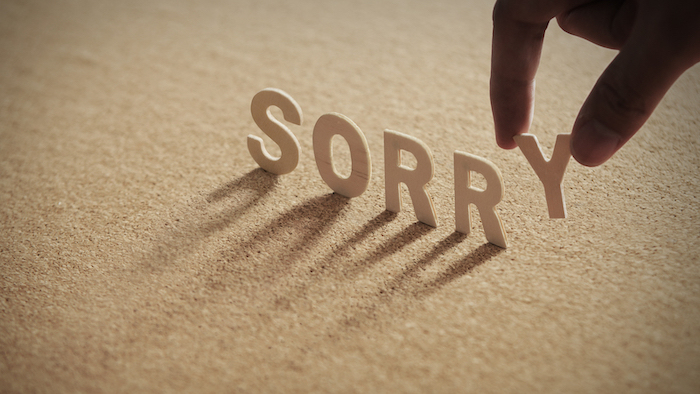There are several different recovery strategies you can employ to set yourself free
By Patrick McElwaine, Psy.D., LPC
What can you do when you feel stuck in your depression and addiction? It’s a tough question to answer. Being stuck feels like there is no way of moving forward. Not attending 12-step meetings, not seeing a therapist, not engaging in activities you used to enjoy, not being able to get out of bed, and continuing to use drugs and alcohol can all make you feel stuck. The thoughts and feelings related to this inertia can be crippling.
So how can you get through it? Here are some approaches:
Behavioral Activation
What is behavioral activation? It’s a cognitive behavior therapy (CBT) intervention that focuses on engaging in behaviors that you have enjoyed in the past and are positive for your recovery. They are everyday self-care activities, even if your thoughts are not in line with “wanting” to engage in these behaviors. The goal of behavior activation is to reduce isolation and avoidance, which can exacerbate symptoms related to addiction and depression.
I didn’t want to face anything, but I was encouraged to attend 12-step meetings and therapy anyway.
Fake It Till You Make It
This statement spurs some controversy. You might see social media comments that this is “garbage advice”—that however well-intentioned, it can send a negative message to someone who’s at the start of recovery. From my point of view, it’s not negative advice. I tell people that it helped me through my own struggles and early recovery. I didn’t want to face anything, but I was encouraged to attend 12-step meetings and therapy anyway. I was told, “Okay, you don’t want to do it, but you need to go. Fake it till you make it.”
Engaging in supportive interventions and experiences can help you in your recovery, even if you don’t think you’re not ready for them.
I attended these meetings and I went to therapy, although I didn’t feel like I belonged. I didn’t think I was going to be successful. I had tried this before and it hadn’t worked. But then something happened. I am not sure what. Maybe hearing stories from others that connected with me and just being present at a meeting or therapy session increased my chances of being sober on a given night, and it started to feel different for me. Although it took time, something did click with me. Also, in the context of behavioral activation, faking it till I made it allowed me to engage in experiences that pulled me out of avoidance and isolation. The lesson? Engaging in supportive interventions and experiences can help you in your recovery, even if you don’t think you’re ready for them.
Listening
I was told early on in my recovery—and I say this to my clients now—when you don’t want to go to a 12-step meeting, a therapy session, for a walk, etc., that is when you most need to go. I also had to start listening to others in my life when it came down to, “It looks like you need a meeting.” I still hear this from my wife when she sees me getting easily irritated or annoyed. And yes, I do listen to her and go to a meeting (I am a smart husband).
I wouldn’t want to do something that was healthy for me and had tons of excuses for not doing it. Things started to change when I realized I needed to do it.
However, this was difficult for me early in my recovery, especially throughout my years of relapsing. I wouldn’t want to do something that was healthy for me and had tons of excuses for not doing it. Things started to change when I realized I needed to do it. When I would hear something constructive from my wife about needing a meeting, I went, instead of being argumentative. I do believe this was very helpful to my recovery, and I’ve seen such guidance help others in recovery.
Therapeutic Interventions
Therapy, support groups and medication can be extremely helpful with one’s treatment and recovery from depression and addiction. Finding the right therapist might take some time, but please don’t give up. It may take a few therapists until you find that fit where you feel comfortable sharing your story and with the direction of your treatment. Many support groups are offered, and it might take some time on that front, too. But I believe therapy and support groups are important to increasing social connectedness and decreasing avoidance and isolation. And medication also might be an important part of the recovery equation.
Patrick McElwaine, PsyD, LPC, is known as “Dr. Mac” to his clients, students and colleagues. He has his own counseling practice, teaches counseling psychology at Holy Family University in Pennsylvania, is a faculty member at the Beck Institute, and serves on the Bucks County National Alliance on Mental Illness (NAMI) board of trustees. His column publishes regularly on TreatmentMagazine.com.
Photo: Peter Conlan














